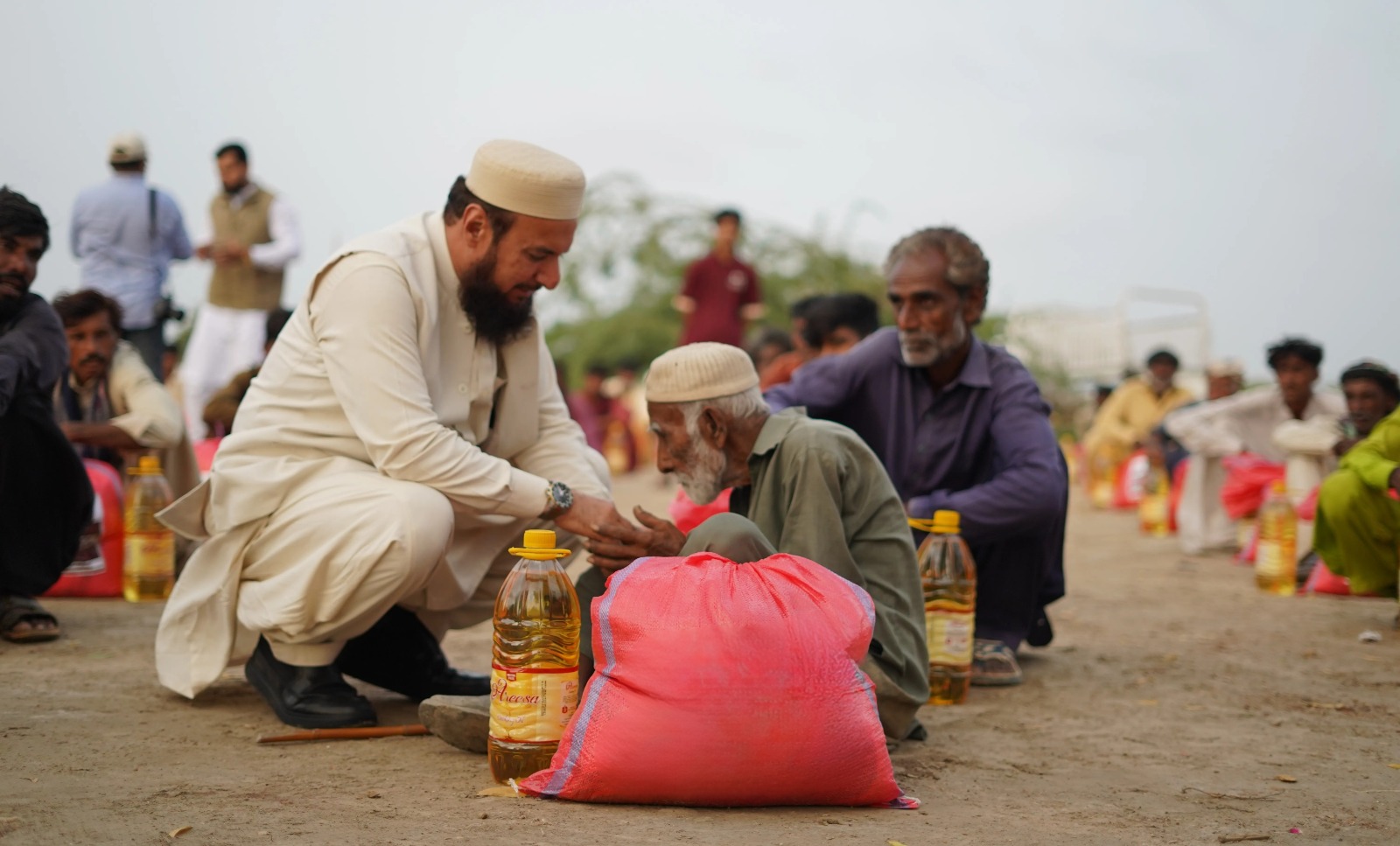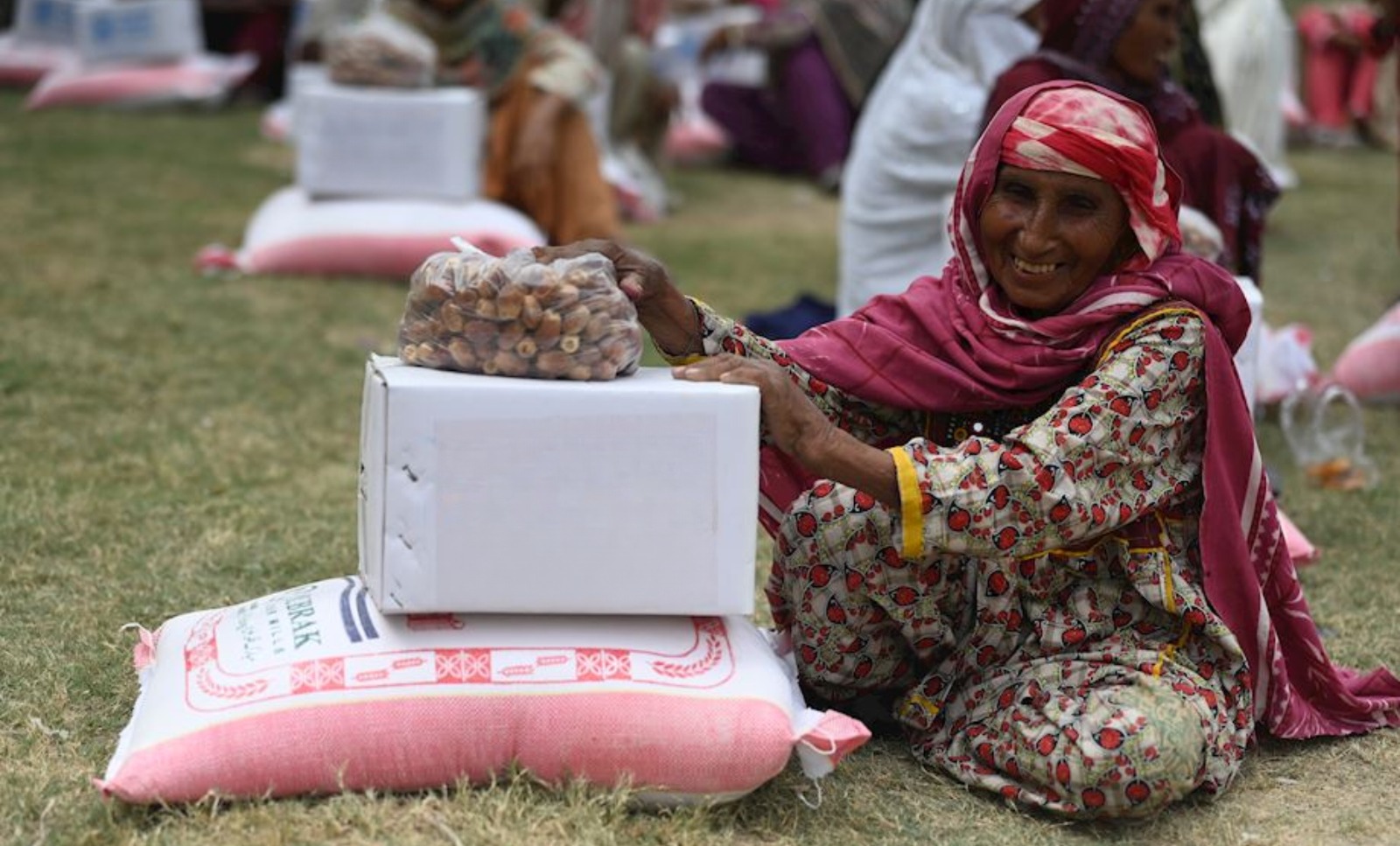The fasts of Ramadan are a sacred pillar of Islam. They are an act of deep, personal devotion between a Muslim and Allah (SWT). It’s a time of immense spiritual growth and self-discipline.
Because the Ramadan fast is so sacred, violating it is a serious matter. Our faith is built on mercy, providing clear rules for what to do when a fast is missed. There are valid reasons, like illness or travel, which require making up the fast later (Qada) or paying a compensation (Fidya).
But then there is Kaffarah.
Kaffarah is a major expiation, or “penalty,” for a very specific and serious act: deliberately breaking a fast during Ramadan without a valid Islamic reason.
It’s a topic that can cause a lot of anxiety and confusion. Many people worry, “Did I break my fast deliberately? Do I owe Kaffarah?” The key word is “deliberately,” and it’s very important to understand what this means.
This is a respectful guide to help clarify what “deliberately breaking a fast” means in the context of Kaffarah.
What is Kaffarah? (A Quick Refresher)
Kaffarah is the heaviest of the three “make-up” options for a missed fast. It is a major act of repentance for violating the sanctity of a Ramadan fast.
The payment is significant, showing the seriousness of the act:
- Fasting for 60 consecutive days (without a break).
- If (and only if) one is unable to do that, they must feed 60 poor people.
This is not a small matter. It’s an act of spiritual repair. Because it is so serious, it only applies in a very specific situation. It is not for simple mistakes or valid exemptions.
This is very different from paying Fidya. See the difference between Fidya, Kaffarah, and Qada to understand which one applies to you.
The Key Word: What “Deliberately” Means
For Kaffarah to be required, the act of breaking the fast must be all three of these things at once:
- Conscious: You must be fully aware that you are fasting.
- Wilful: You must choose to do the act. It is not something forced upon you.
- Knowledgeable: You must know that this specific action (e.g., eating or drinking) will break your fast.
In simple terms: You knew you were fasting, you knew it would break your fast, and you chose to do it anyway, without a good excuse.
This is the definition of a “deliberate” or “intentional” violation.
What Actions Require Kaffarah?
According to the Hanafi school of thought, which many Muslims in the UK follow, Kaffarah is required if a person deliberately and knowingly breaks a fast during Ramadan by:
- Intentionally Eating or Drinking:
This means making the conscious choice to put food or drink in your mouth and swallow it, all while knowing you are supposed to be fasting. This could be a full meal, a single snack, or a sip of water, but the intention is to consume. - Intentionally Engaging in Sexual Intercourse:
This is the other primary act that, when done deliberately while fasting, invalidates the fast and requires the expiation of Kaffarah.
This rule applies only to the obligatory (Fard) fasts within the month of Ramadan. It does not apply to making up missed fasts (Qada) or voluntary (Nafl) fasts outside of Ramadan.
If you find yourself in this difficult situation, it’s important to know that Allah (SWT) has provided a path to repentance. This is a respectful guide on what actions require donating Kaffarah.
What “Deliberately Breaking a Fast” is NOT
This is the most important section for easing people’s worries. Many people fear they owe Kaffarah when they absolutely do not.
Kaffarah is NOT required in the following situations:
1. A Genuine Mistake (Forgetting)
This is the most common fear. You are busy, you walk into the kitchen, and out of pure habit, you take a sip of water or eat a grape. You suddenly freeze, your heart drops, and you realise: “I’m fasting!”
This does NOT require Kaffarah. It does not even require you to make up the fast.
The Prophet Muhammad (peace be upon him) said:
“Whoever forgets he is fasting and eats or drinks, let him complete his fast, for it is Allah Who has fed him and given him to drink.” (Sahih al-Bukhari)
What to do: The moment you remember, you must stop eating or drinking. Your fast is still valid and you must continue fasting until sunset. You owe nothing.
Accidentally drinking water does not require Kaffarah, but you can always give voluntary charity, like donating a hot Iftar meal, to show your gratitude to Allah for His mercy.
2. Breaking a Fast for a Valid Reason
This is the second major category. Sometimes, you have to break your fast. You choose to do it, but you have a valid Islamic exemption (a rukhsa, or concession).
This includes:
- Becoming suddenly ill (e.g., a high fever, a severe migraine, or intense pain).
- A woman who starts her period during the day.
- A pregnant or breastfeeding mother who feels weak or fears for her baby’s health.
- A person on a long and difficult journey (a musafir).
In these cases, you deliberately break your fast, but you have a good reason that is permitted by the Shari’ah. Therefore, NO Kaffarah is due. You would simply make up that one fast later as a Qada.
3. Breaking a Voluntary (Nafl) Fast
If you are fasting outside of Ramadan (e.g., a voluntary fast on a Monday or Thursday) and you decide to break it, you do not owe Kaffarah. Kaffarah is only for violating the sanctity of an obligatory Ramadan fast.
A Note on Mercy and Repentance
This topic must always be handled with compassion. Allah (SWT) is Al-Ghafoor (The All-Forgiving) and Ar-Raheem (The Most Merciful).
If a person has deliberately broken a fast, the Kaffarah is not a punishment meant to condemn them. It is a path back to forgiveness. It is a way for a person to show their deep regret and to repair the spiritual damage of the act.
The act of Kaffarah (fasting 60 days or feeding 60 people) must always be paired with sincere Tawbah (repentance):
- Feeling deep regret for the sin.
- Sincerely asking Allah (SWT) for forgiveness.
- Having a firm intention never to commit the sin again.
At Children of Adam, we understand that life is complex. For those who are unable to fast the 60 consecutive days and are required to feed 60 people, we are here to help you facilitate that, ensuring your Kaffarah reaches those who need it most, with full respect and discretion.




